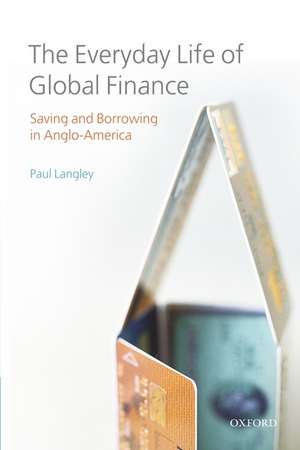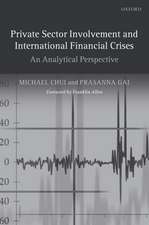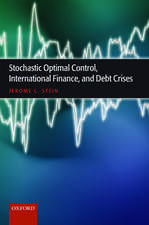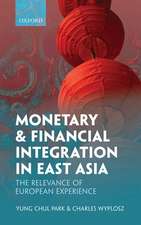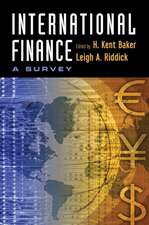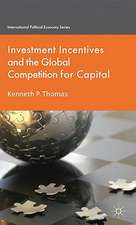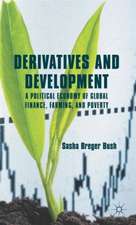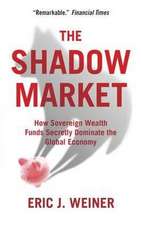The Everyday Life of Global Finance: Saving and Borrowing in Anglo-America
Autor Paul Langleyen Limba Engleză Paperback – 12 noi 2009
| Toate formatele și edițiile | Preț | Express |
|---|---|---|
| Paperback (1) | 370.87 lei 31-37 zile | |
| OUP OXFORD – 12 noi 2009 | 370.87 lei 31-37 zile | |
| Hardback (1) | 445.56 lei 31-37 zile | |
| OUP OXFORD – 8 mai 2008 | 445.56 lei 31-37 zile |
Preț: 370.87 lei
Preț vechi: 455.15 lei
-19% Nou
Puncte Express: 556
Preț estimativ în valută:
70.99€ • 77.14$ • 59.67£
70.99€ • 77.14$ • 59.67£
Carte tipărită la comandă
Livrare economică 09-15 aprilie
Preluare comenzi: 021 569.72.76
Specificații
ISBN-13: 9780199573967
ISBN-10: 0199573964
Pagini: 316
Dimensiuni: 156 x 233 x 19 mm
Greutate: 0.5 kg
Editura: OUP OXFORD
Colecția OUP Oxford
Locul publicării:Oxford, United Kingdom
ISBN-10: 0199573964
Pagini: 316
Dimensiuni: 156 x 233 x 19 mm
Greutate: 0.5 kg
Editura: OUP OXFORD
Colecția OUP Oxford
Locul publicării:Oxford, United Kingdom
Recenzii
Review from previous edition The credit crisis shows the importance of understanding how everyday saving and borrowing interact with global finance. Langley provides a thorough, sophisticated and timely analysis.
This is a major study of how the 'democratization of finance' in our time has worked to create new identities for savers and borrowers. It challenges us all to think again about how we understand the remaking of present day capitalism.
In a major statement of the new IPE, Paul Langley demonstrates how everyday forms of saving and borrowing produce subject positions and financial identities among everyday actors that are the 'unrecognized' constitutive elements of the global financial order.
This is an undeniably important and timely book. We are at a moment of significant change and uncertainty within the Anglo-American financial system within which many of us are irrevocably entangled due to our everyday roles as borrowers and/or savers. Langley reveals with skill and insight how we have arrived at this particular financial and political conjuncture and, in doing so, provides an important resource to help determine where we may be headed.
This is a major study of how the 'democratization of finance' in our time has worked to create new identities for savers and borrowers. It challenges us all to think again about how we understand the remaking of present day capitalism.
In a major statement of the new IPE, Paul Langley demonstrates how everyday forms of saving and borrowing produce subject positions and financial identities among everyday actors that are the 'unrecognized' constitutive elements of the global financial order.
This is an undeniably important and timely book. We are at a moment of significant change and uncertainty within the Anglo-American financial system within which many of us are irrevocably entangled due to our everyday roles as borrowers and/or savers. Langley reveals with skill and insight how we have arrived at this particular financial and political conjuncture and, in doing so, provides an important resource to help determine where we may be headed.
Notă biografică
Paul Langley is a political economist at the Division of Politics and History, Northumbria University, UK. While his principal research focus is on finance and the financial markets, Paul has also published on issues such as globalization, civil society, and environmental governance. He is author of World Financial Orders (Routledge, 2002), and his work has appeared in journals such as Competition and Change, Cultural Critique, Environment and Planning D, Global Networks, Review of International Political Economy, and Review of International Studies. Paul is also presently serving as Convenor of the British International Studies Association's (BISA) International Political Economy Group (IPEG).
